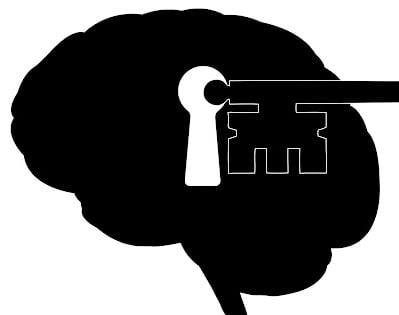TLDR (by a real person!):
Aphasia is the inability to put one’s thoughts into the right words—you know what you want to say, but brain damage (traumatic brain injury, tumors, dementia, etc.) derail conversations. It can be isolating and maddeningly frustrating.
How to talk to someone with aphasia
-
Acknowledge capacity. People with aphasia remain smart, capable—but there’s a short-circuit in expressing thoughts.
-
Partner up. It takes two to talk. With a few strategies, you can ease the way for satifying conversations. Keys: • Speak normally—tone, volume. • Acknowledge stumbling blocks with respect, rather than ignoring them. • Write down (or repeat) key words to keep chat on track. • Draw, or use gestures; point; use more body language. • Use yes/no questions to confirm understanding. • Sum up main points at intervals.
-
Respect the human right to communicate. Written or spoken language is a hardwired need.
-
Ensure accessibility. Make sure speed, loudness, complexity of information (etc.) allow for comprehension, participation.
-
Include people in conversations and events. Don’t leave people out because you assume they might feel uncomfortable. Offer choices and they will tell you.



I suffer from this. It’s been five years since I had a stroke, so it’s fairly minor now. My problem has always been just not being able to get the word I want to say out, so I will sometimes talk around it until it comes to me-describing the word or phrase, or continuing a different tangent while I try to overcome the block, but I’m not even really paying attention to what I’m saying. I’m just stalling. Sometimes my loved ones will try to guess what I was going for, and it’s helpful. Sometimes it’s not. It depends on my mood, I suppose. If I’m upset and someone tries to guess and they’re right, I feel like they’re trying to shut me up. If they know I’m upset and guess I was going to say something I feel is worse than what I was really trying to get to, I am angry that they thought I would say that.
It’s hard when I see my mother, too, because she has the same sort of issue but on a much larger scale and will say the completely wrong word or phrase with no hesitation, but I know what she means. Someone on the outside might think I’m invalidating everything she says, but when I hear “I married my brother” while she’s looking at pictures and I know she means that her son got married in those pictures, I wait until she’s said it a few times and say “Oh, your son got married? In these pictures here?” and she says yes, that’s what she meant. I don’t make a big deal out of the correction or make sure she repeats it, but I guess I feel like the other people at the nursing home should know she did not in fact marry her brother at any point. I know what it’s like to know what you want to say but not be able to get it past your lips.